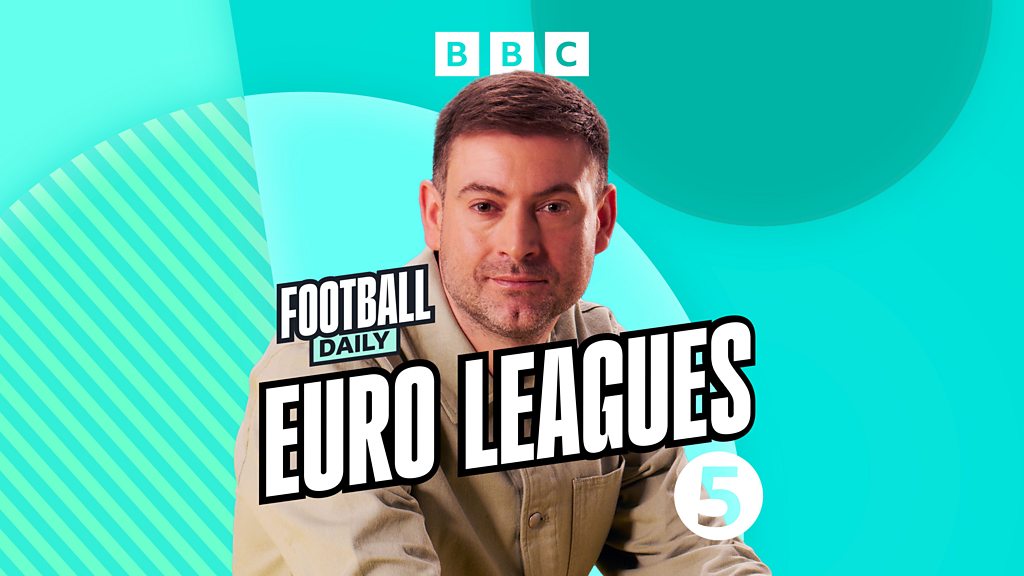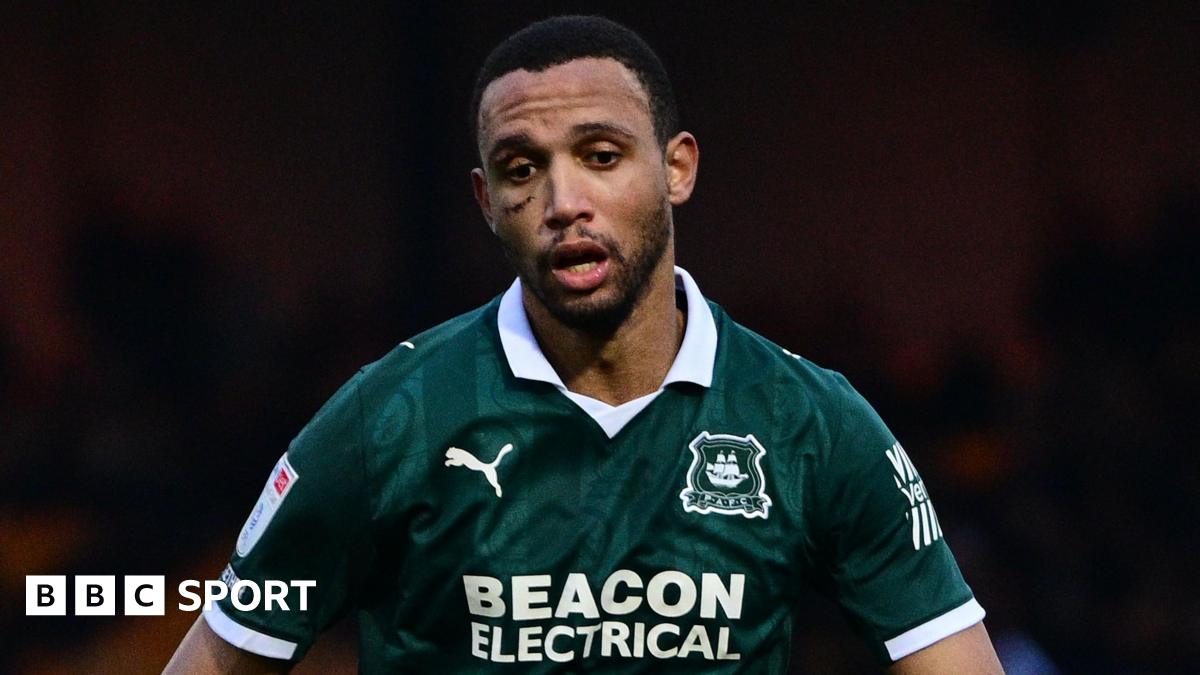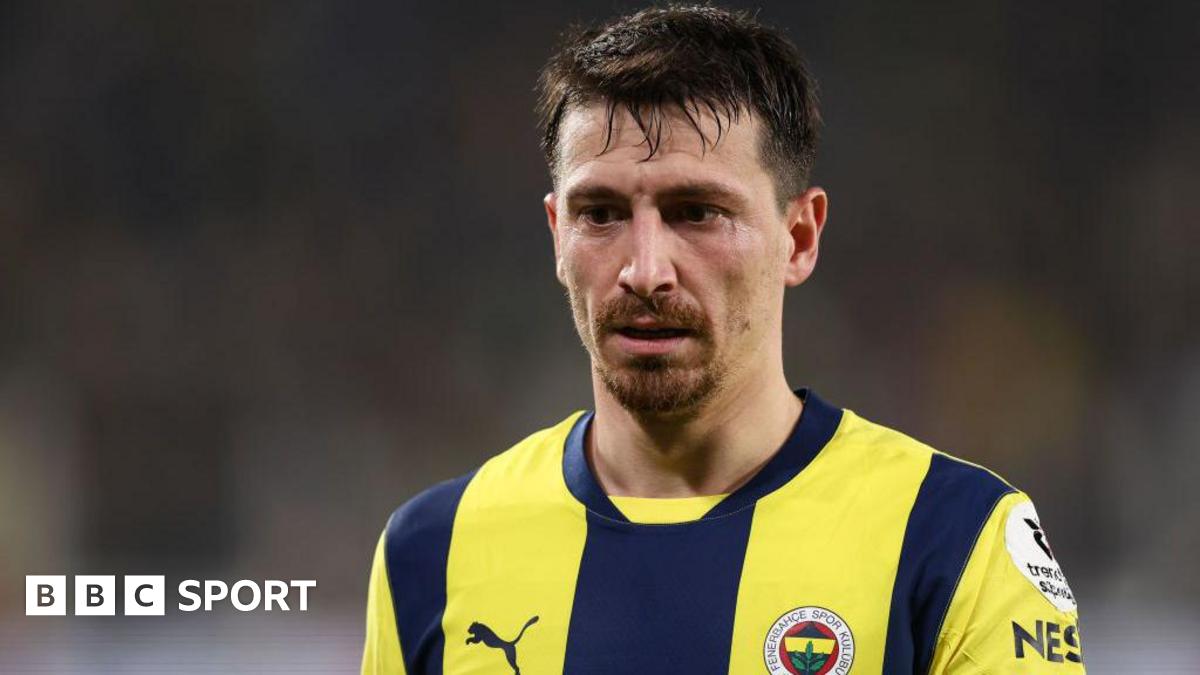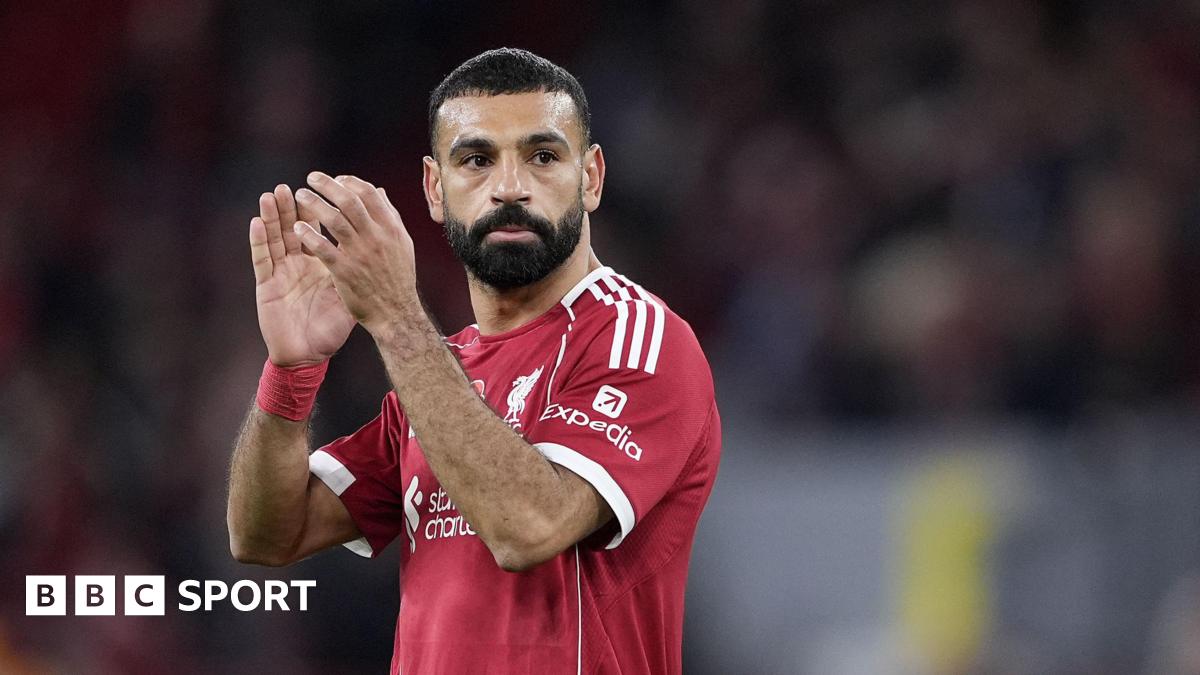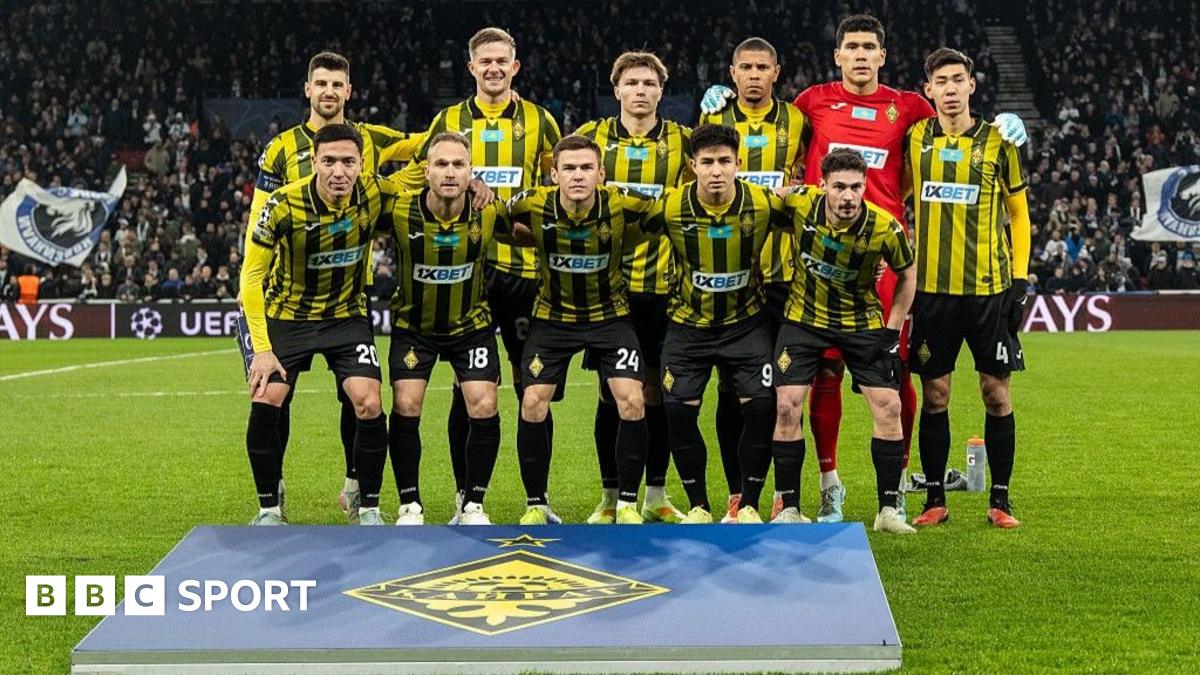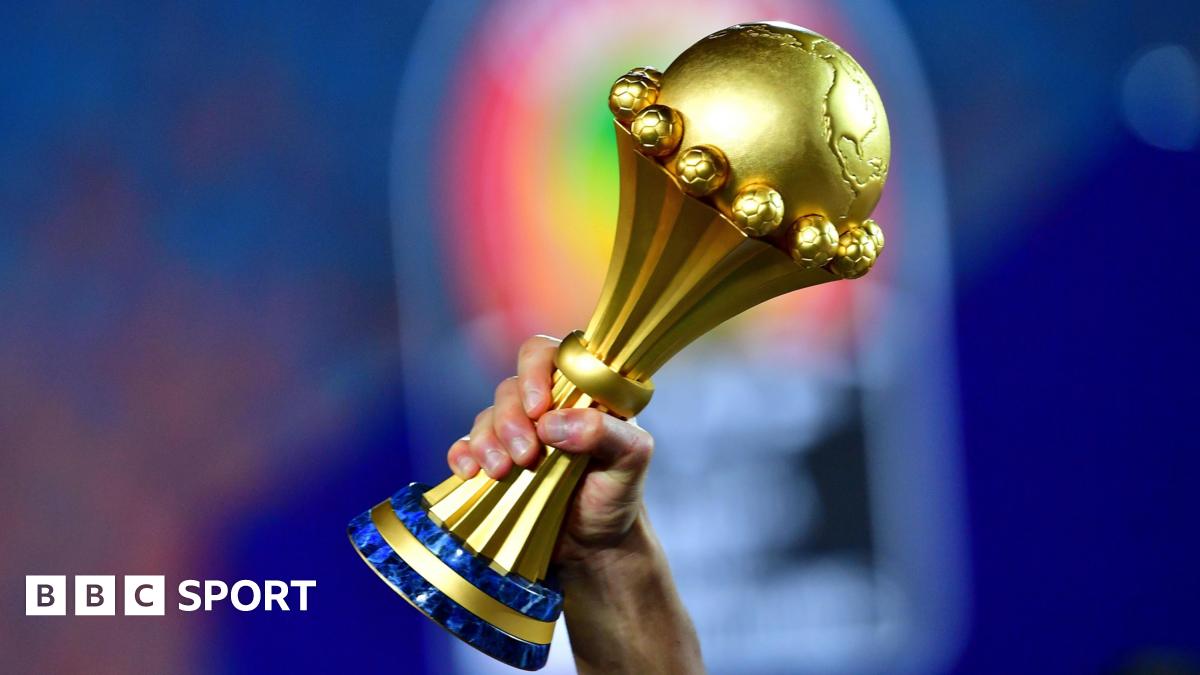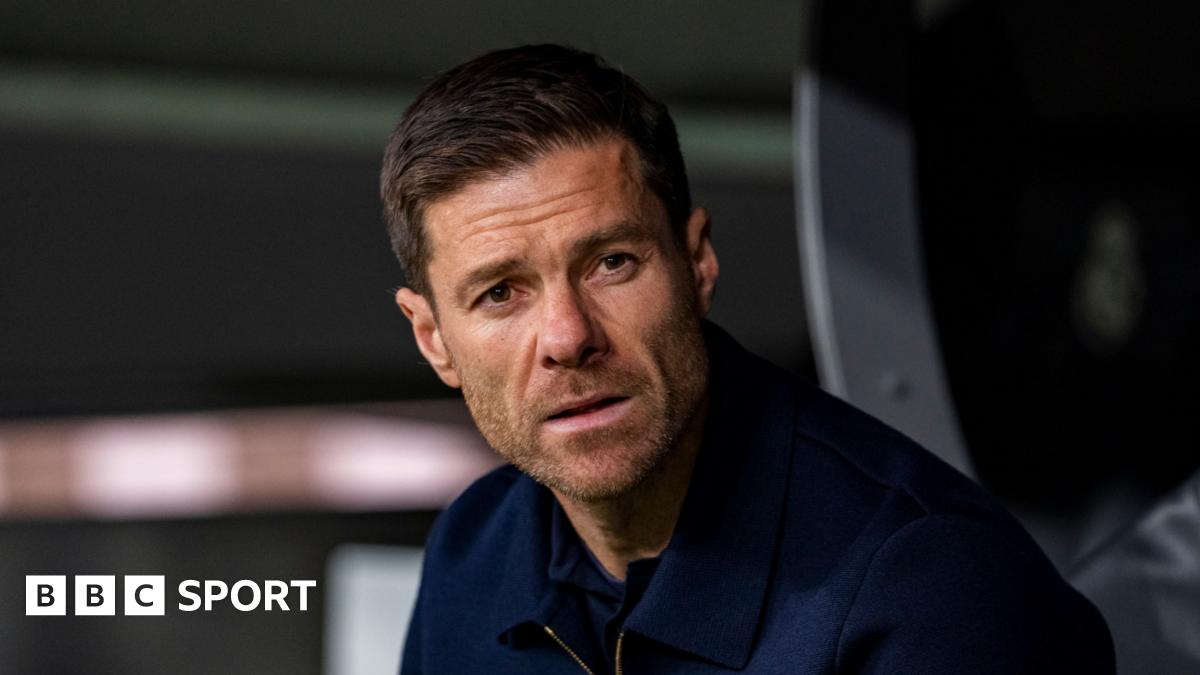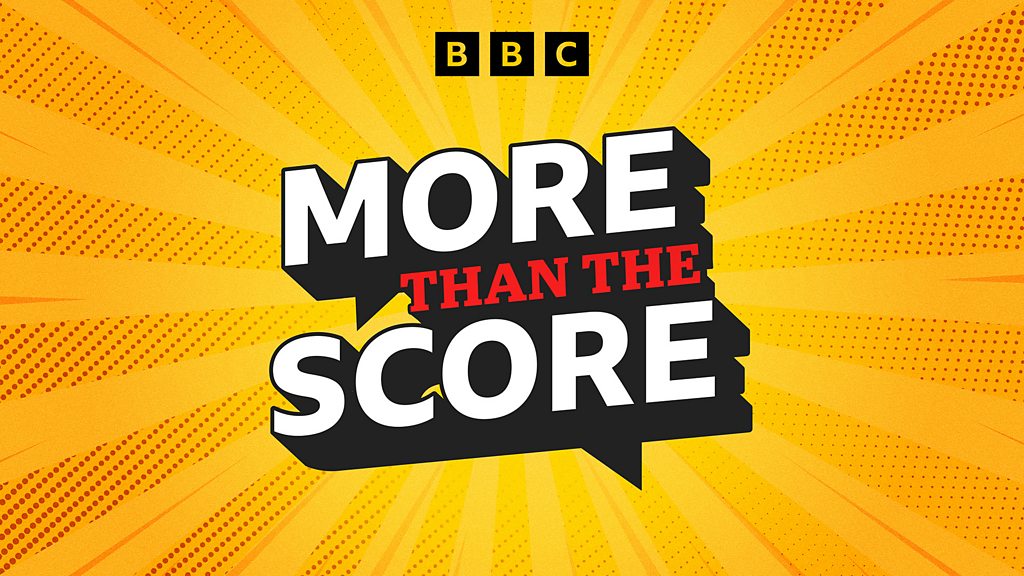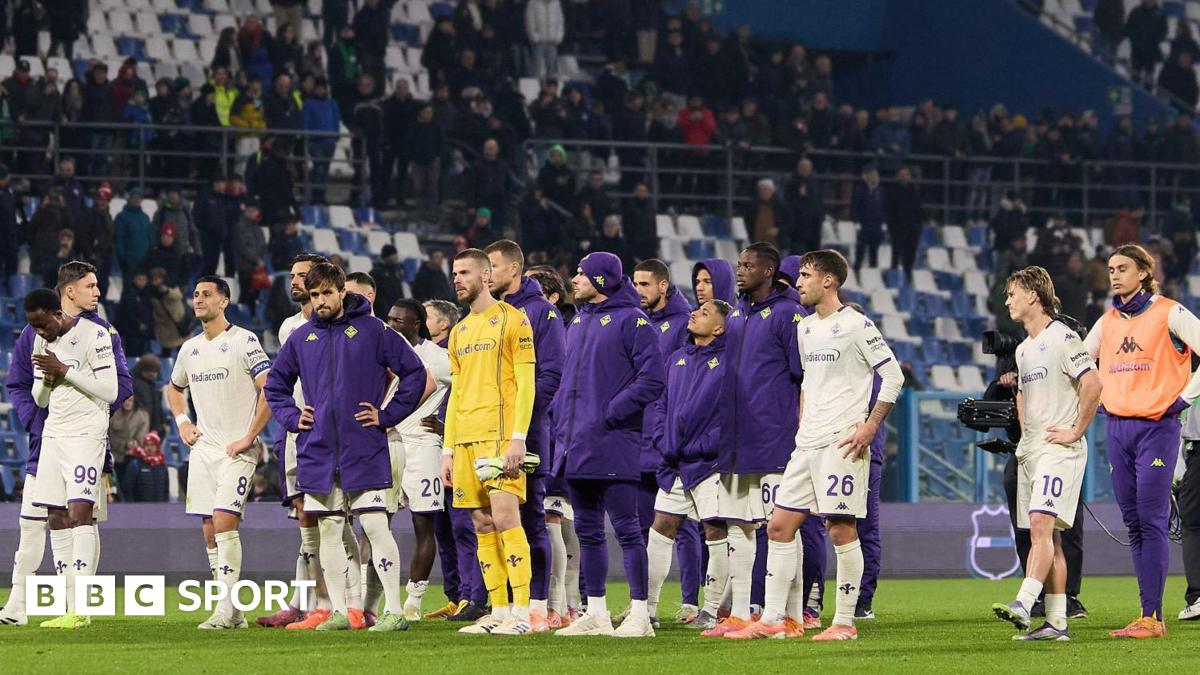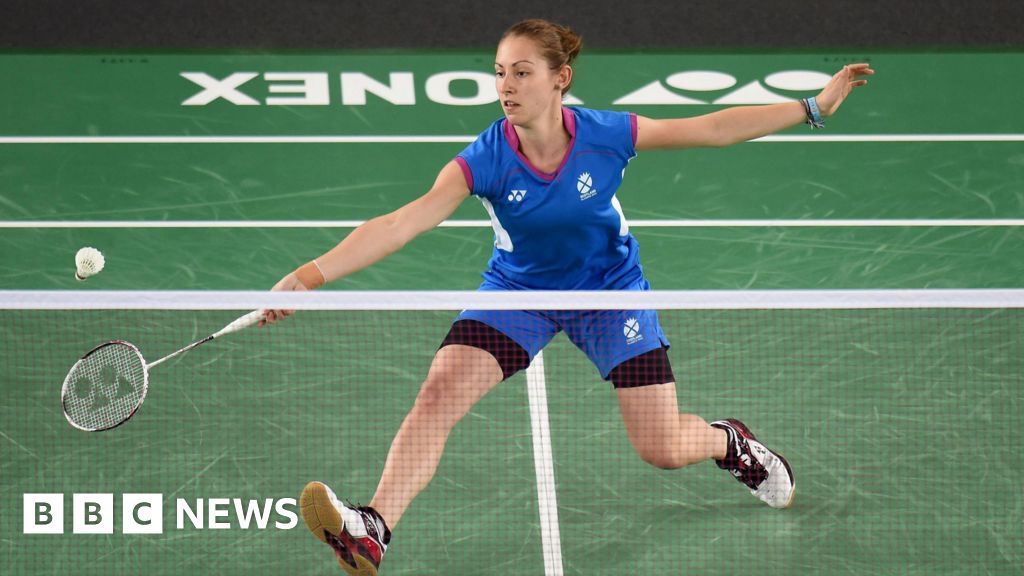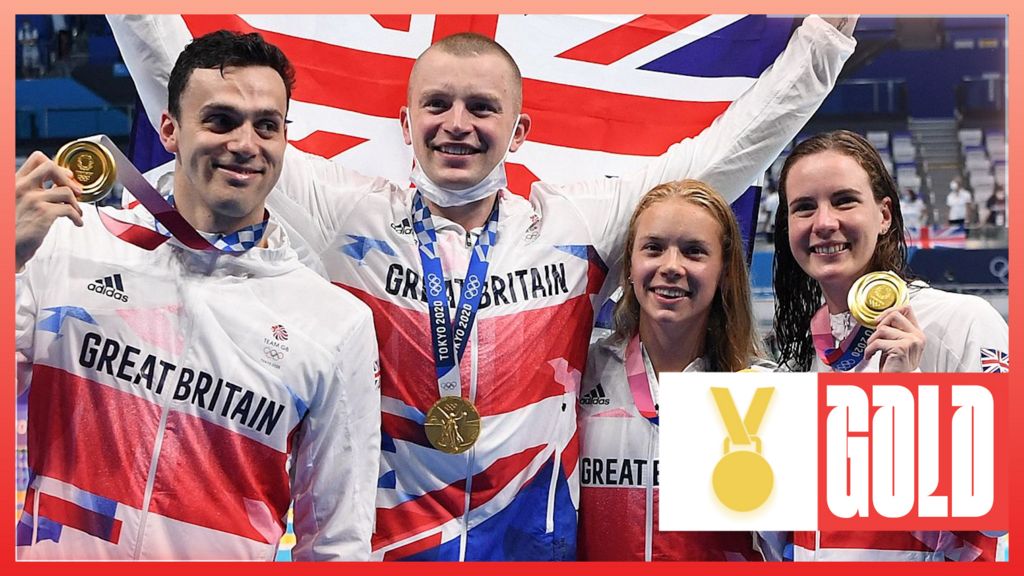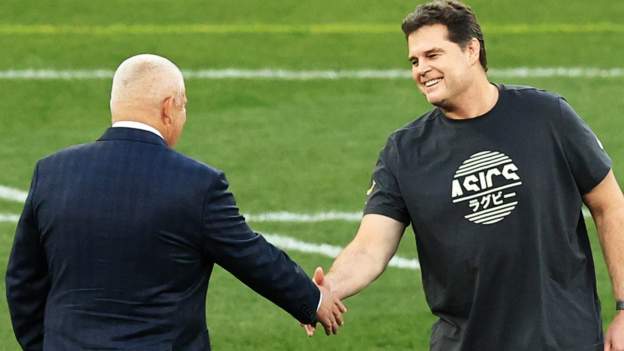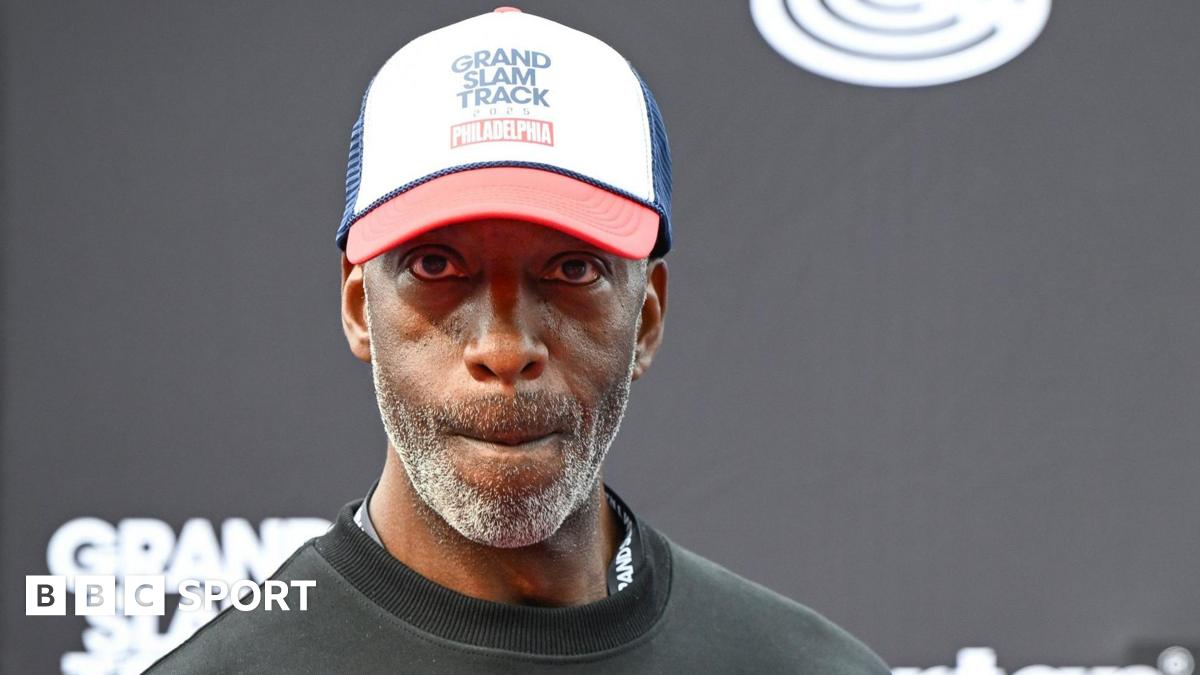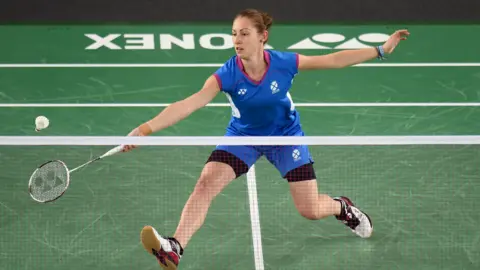 PA Media
PA MediaBadminton and hockey are among the sports that have missed out on the 2026 Commonwealth Games in Glasgow.
A stripped-back programme of 10 sports, announced on Tuesday, includes athletics and swimming as mandatory as well as the likes of track cycling, boxing and gymnastics.
The Games, last held in Glasgow in 2014 at a cost of over £540m, will take place across four venues between 23 July and 2 August 2026.
Glasgow stepped in to host after the Australian state of Victoria pulled out because of rising costs.
A total of 3,000 athletes from up to 74 Commonwealth nations and territories are expected to compete at the 2026 Games.
The event will also feature “fully integrated para-competitions” across six of the selected sports.
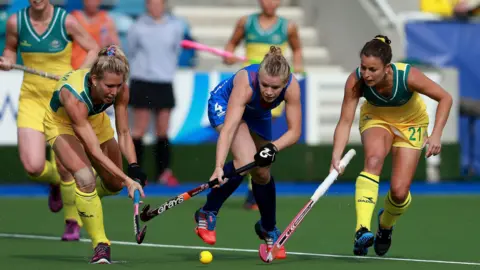 PA Media
PA MediaHowever there was disappointment for athletes who discovered their sports hadn’t made the cut.
Kirsty Gilmour, who has won silver and bronze at previous Games, told BBC Scotland’s Good Morning Scotland programme it was “painful” to hear the decision, after it was confirmed no racquet sports would feature at all.
She said: “It’s a fairly significant blow. I’m disappointed for myself as it’s a medal chance and a home games, but I’m more disappointed for the younger players.
“I’ve had four Commonwealth Games, I’ll be fine, but for your younger players, your 18/19/20 year-olds, this would be a major milestone.”
Squash player Lisa Aitken, who has represented Scotland at international level, told BBC Scotland News that it was a “huge disappointment.”
She said: “It’s the best stage we feel for squash, you could say it’s the pinnacle of our sport.
“The infrastructure is already there, so it’s a huge blow not to be able to take advantage of that.”
Organisers said they understood that fans and athletes of sports not included were “incredibly disappointed” but that the 2026 competition would not influence inclusion in future Games.
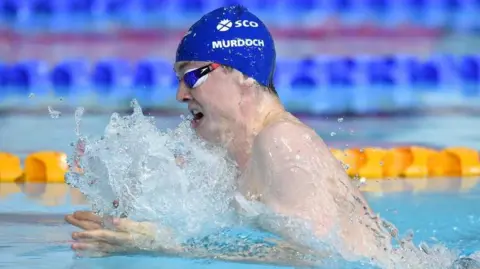 PA Media
PA MediaWhat sports are included?
The CGF said the a number of factors, including “universality of participation and quality of competition” as well as local appeal were considered when deciding what sports to include.
The last time the Games were in Glasgow, 17 sports were contested – this time they will feature 10 sports:
- Athletics and para-athletics (track and field only)
- Swimming and para-swimming
- Artistic gymnastics
- Track cycling and para-track cycling
- Netball
- Weightlifting and para-powerlifting
- Boxing
- Judo
- Bowls and para-bowls
- 3×3 basketball and 3×3 wheelchair basketball
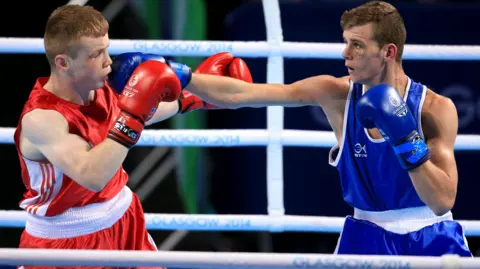 PA Media
PA MediaHockey has been dropped from the programme despite a national hockey centre being built for the last Glasgow Games at a cost of £5m.
Scottish Hockey CEO Derek Keir said the organisation was “deeply disappointed” by the decision, with the sport having been ever-present at the Games since 1988.
Ian Reid, the chairman of Commonwealth Games Scotland, said hockey missed out for a “number of factors”.
He explained: “You can imagine the balance we’re trying to weigh up, between trying to use the minimum number of venues to keep costs down, looking at home nations success, the number of athletes – hockey would be an additional venue [and a] huge number of athletes that we would have to accommodate.”
However organisers remained upbeat, with Katie Sadleir, chief executive of the Commonwealth Games Federation (CGF), saying that after a “challenging 12 months” it was time to “reset and reframe” the Games and see what’s possible.
She added that although the timescale was tight between Glasgow being confirmed as hosts and the Games starting “if anyone can do it, the Scots can” and that existing infrastructure and leadership would be a major help.
First Minister John Swinney told BBC Scotland News the Games would be different to the 2014 edition and it would be a “great opportunity” for Scottish athletes.
He added “time and care” had been taken over the decision to host and that it would help bring countries together.
The Scottish Secretary Ian Murray said that “Scotland stepped up to save the Games” and that despite being slimmed down the competition would not tarnish memories of the 2014 edition.
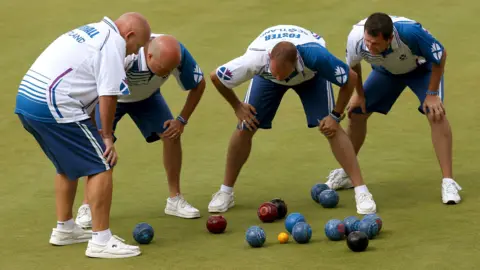 PA Media
PA MediaSome sports such as cycling and gymnastics have had their disciplines slimmed down.
The cycling programme for Glasgow 2014 included mountain biking and road races but this time athletes will only compete on the track.
In gymnastics, there is no room for any rhythmic events, with only artistic gymnastics being included.
There will also be no diving competitions.
Organisers told the BBC’s Good Morning Scotland programme that the bowls competition – held outdoors at Kelvingrove in 2014 – would be held indoors at the Scottish Event Campus in 2026.
There will be no road-based events such as the triathlon or marathon on the programme – these were previously free for spectators to attend in 2014.
Rugby sevens, which was previously hosted at Ibrox Stadium is also out.
Mr Reid said playing other sports at Scotstoun – home of the Glasgow Warriors rugby team – were looked at but would not be possible for “technical reasons”.
He added that 3×3 basketball had been selected due to it being an easy sport to integrate with para-sport, and that it would help bring a younger audience to the Games.
Basketball Scotland’s Colin Gregor, who competed at the 2014 Games in rugby union, told the BBC that being selected for the Games was “a great opportunity for a sport that’s really growing to get in the public eye”.
The event will feature an opening and closing ceremony and there will be some form of King’s baton relay before the Games.
An estimated 500,000 tickets will go on sale for the various events, with the Games expected to be worth £150m to Glasgow.
Mr Reid said he expected audiences for the Games to be around half the size as 2014.
The CGF confirmed putting on the Games is expected to cost approximately £114m.
It will pay £100m towards the bill, with £2.3m coming from Commonwealth Games Australia – who pulled out of hosting the event – as well as £2.3m from the UK government.
The balance will come from commercial revenue such as ticket sales, broadcast rights, commercial sponsorship and merchandise.
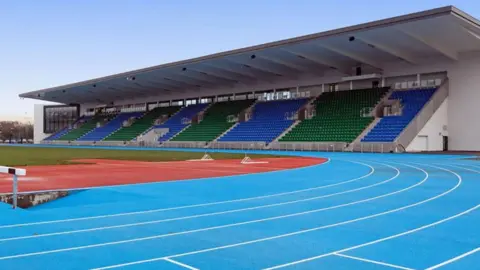 Glasgow Life
Glasgow LifeThe four venues which will be used during the event will be the Emirates Arena, Tollcross International Swimming Centre, the Scottish Event Campus (SEC) and Scotstoun stadium.
Organisers said these venues were “operationally viable and economically valuable”.
No additional venues will be built to keep costs low, but upgrades such as temporary seating will be made at the four venues.
Athletes and officials will stay in “existing accommodation across the city”.
Mr Reid added that hotels around the SEC would be used heavily for athletes.
When asked if the amount of athletes staying in hotels would make it difficult for spectators to secure accommodation, he pointed to the number of hotels in the city and that student accommodation would also be an option.

